
Plastic Bottle Laundry Hack: How a Simple Trick Reduces Detergent Waste and Environmental Impact
Laundry detergent bottles are a household staple—but what if the way we use them is all wrong? A growing number of eco-conscious consumers and cleaning experts suggest that simple tweaks in how we handle detergent bottles can drastically reduce waste, save money, and even make clothes cleaner. One viral tip, popularly known as “Nana’s hack with baking soda,” claims that combining a small amount of baking soda with diluted detergent inside the bottle boosts cleaning power while cutting plastic waste—a clever personal trick that’s been making waves online.
The Problem with Traditional Detergent Use
According to The New York Times, most people use two to three times more detergent than necessary, which not only wastes product but also makes washing machines less efficient by leaving behind residue (The New York Times, 2023). Overuse of detergent can lead to sticky clothes, clogged machine parts, and higher environmental impact due to excess chemicals released into waterways. Studies from the Environmental Protection Agency (EPA) show that conventional detergent bottles contribute significantly to plastic pollution, with millions ending up in landfills each year.
The Science Behind “Nana’s Hack”
The viral trick—mixing leftover detergent with a bit of baking soda and water—has a scientific basis. Baking soda, or sodium bicarbonate, acts as a natural deodorizer and softener. When combined with detergent, it helps neutralize odors and reduce the need for large detergent doses. Chemists from Good Housekeeping Institute note that this combination can also balance pH levels in the wash, allowing for more effective stain removal without damaging fabrics (Good Housekeeping, 2024). While it’s not a replacement for detergent, it enhances performance and stretches the life of each bottle.
How to Do It Correctly
To apply this method, fill the detergent bottle one-third full with warm water after it’s nearly empty. Add one tablespoon of baking soda, then shake gently to dissolve the residue. The solution can be poured directly into the washing machine as a booster for small or lightly soiled loads. For larger loads, you can supplement with a small amount of concentrated detergent. The idea isn’t just to reuse the plastic bottle—it’s to extract every bit of value from what’s already inside.
Environmental and Economic Benefits
A report from National Geographic highlights that reusing and repurposing plastic packaging can reduce household plastic waste by up to 30% annually (National Geographic, 2024). By adopting simple habits like this hack, households could save roughly 10–15 detergent bottles per year. Financially, it can amount to over $50 in savings, while collectively lowering chemical runoff and carbon emissions associated with plastic production.
What Experts Say
Environmental scientist Dr. Rachel Cline from The Guardian explains that small-scale household actions “have a cumulative effect” when adopted by millions of people. “Even a simple practice like rinsing and reusing a detergent bottle helps reduce microplastic shedding and consumption,” she said (The Guardian, 2024). Meanwhile, consumer behavior analysts at Forbes note a growing trend toward “micro-sustainability”—everyday acts that make eco-conscious living more accessible without big lifestyle changes.
What Doesn’t Work
Despite its benefits, experts warn against adding acidic agents like vinegar directly into the detergent bottle, as it can destabilize certain surfactants in liquid detergents and reduce cleaning efficiency. Additionally, overusing baking soda may create residue buildup in high-efficiency (HE) washing machines. Moderation is key.
Final Thoughts
“Nana’s hack with baking soda” may have started as a humble household trick, but it’s a reminder that sustainability often begins with small, thoughtful changes. By understanding the chemistry behind cleaning and rethinking how we use packaging, anyone can make laundry day both eco-friendly and cost-effective. The next time your detergent bottle runs low, don’t throw it away—turn it into your next cleaning solution.
(Sources: The New York Times, Good Housekeeping Institute, EPA, National Geographic, The Guardian, Forbes, 2023–2024)
News in the same category

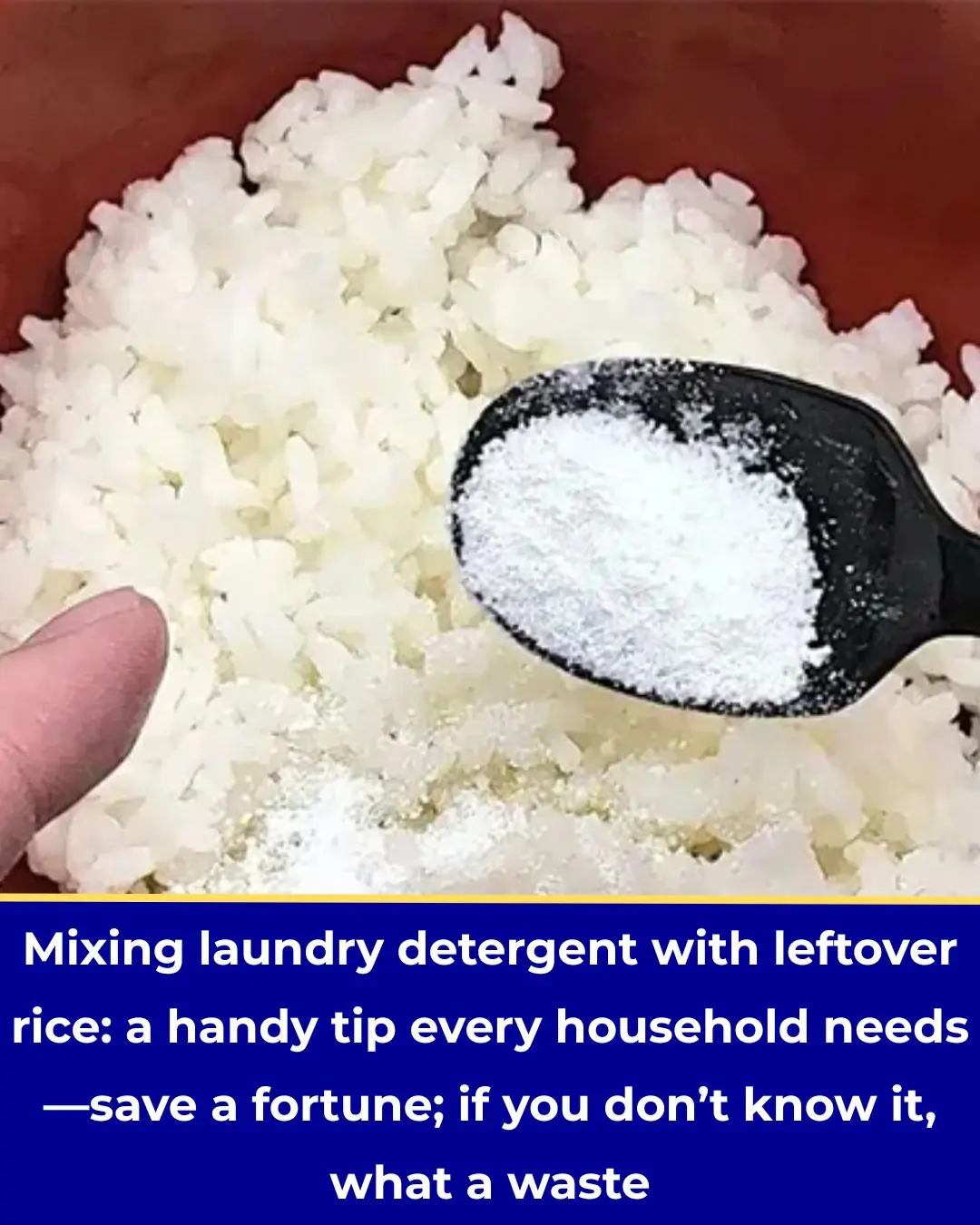
Mixing Leftover Rice with Laundry Detergent: A Surprising Cleaning Hack That Works Wonders
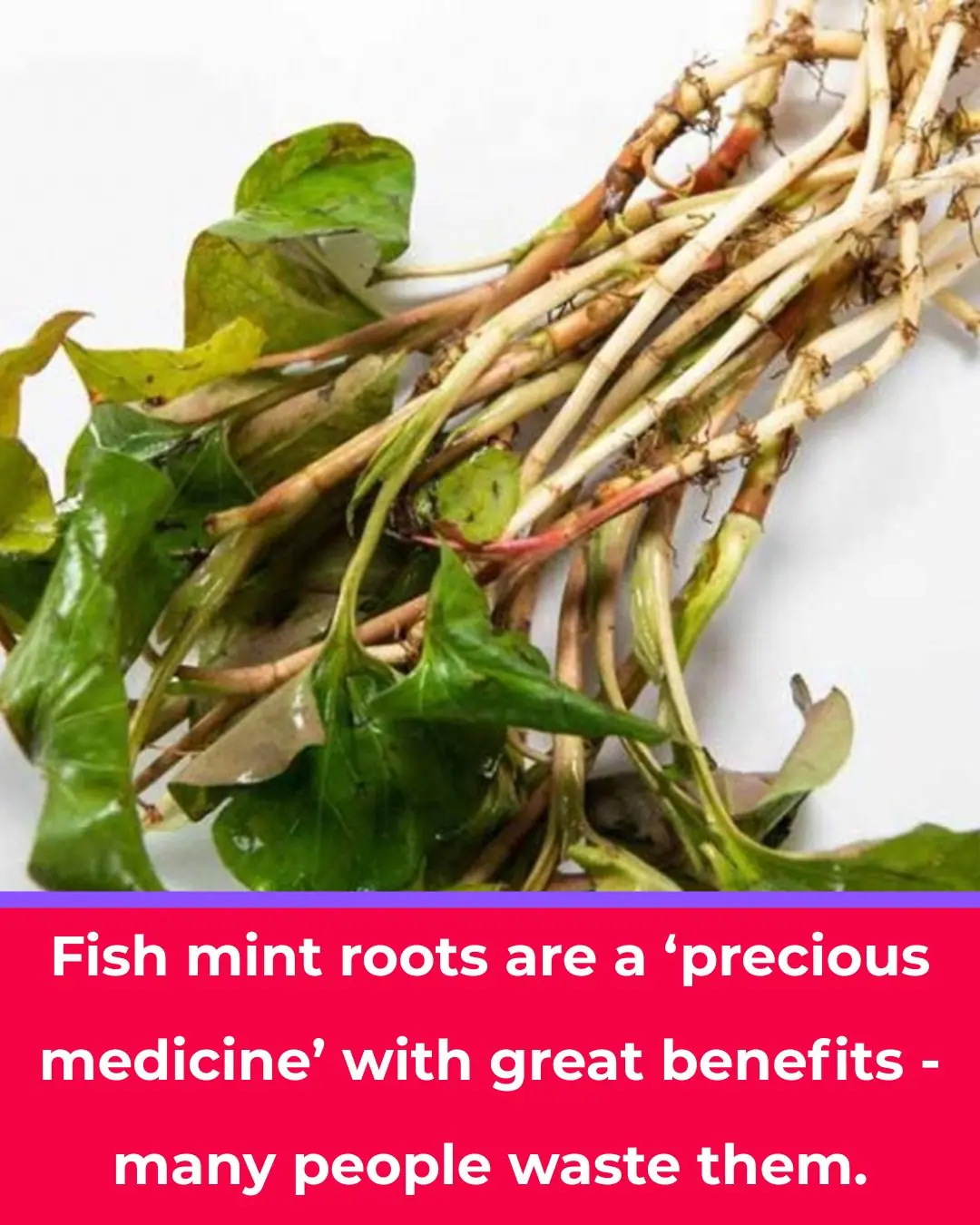
Houttuynia Root: The Overlooked Part with Powerful Health Benefits

Vinegar Is the Key to Streak-Free Windows and Shiny Surfaces — But Most Use It Wrong
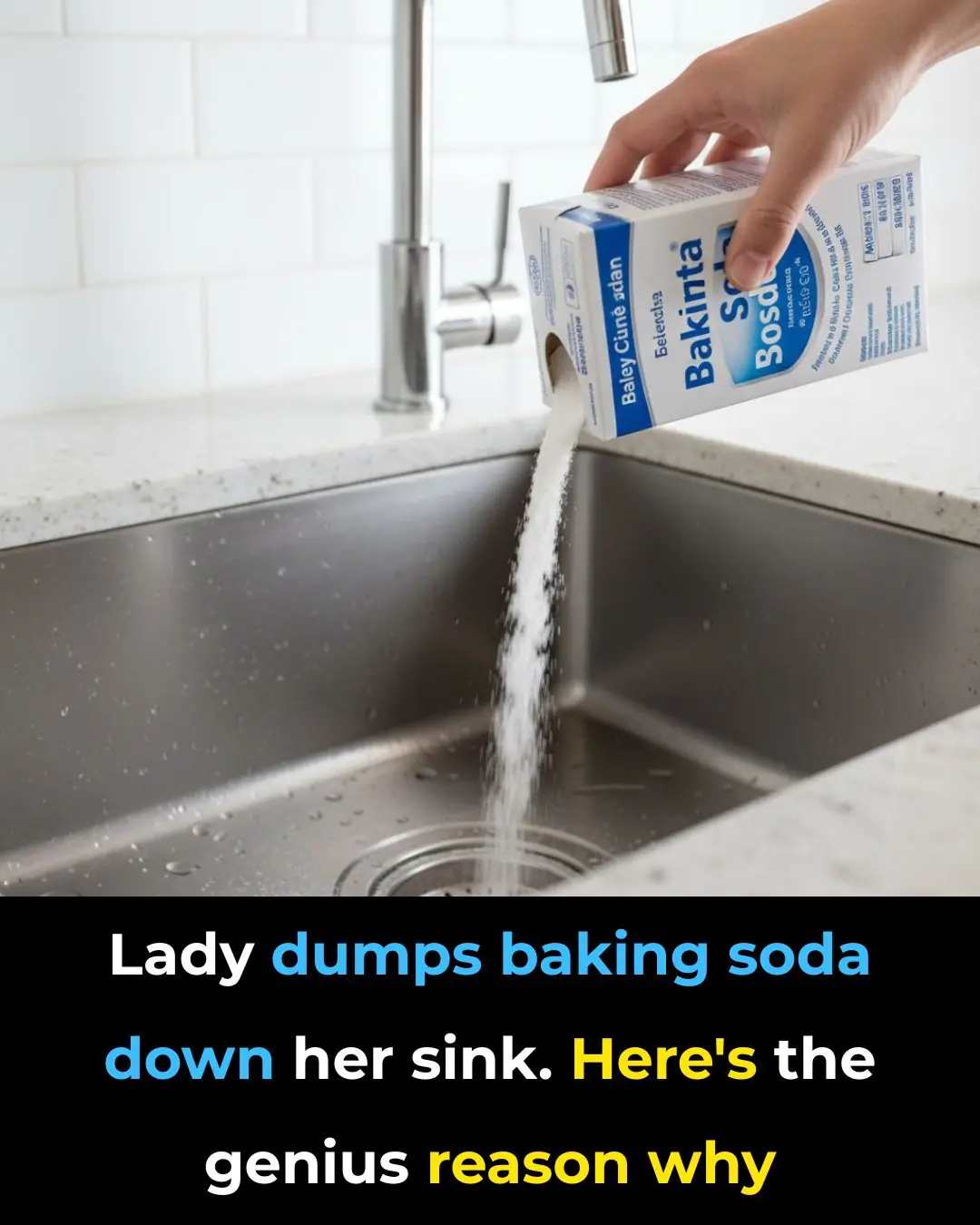
The Genius Science Behind Using Baking Soda in Your Sink
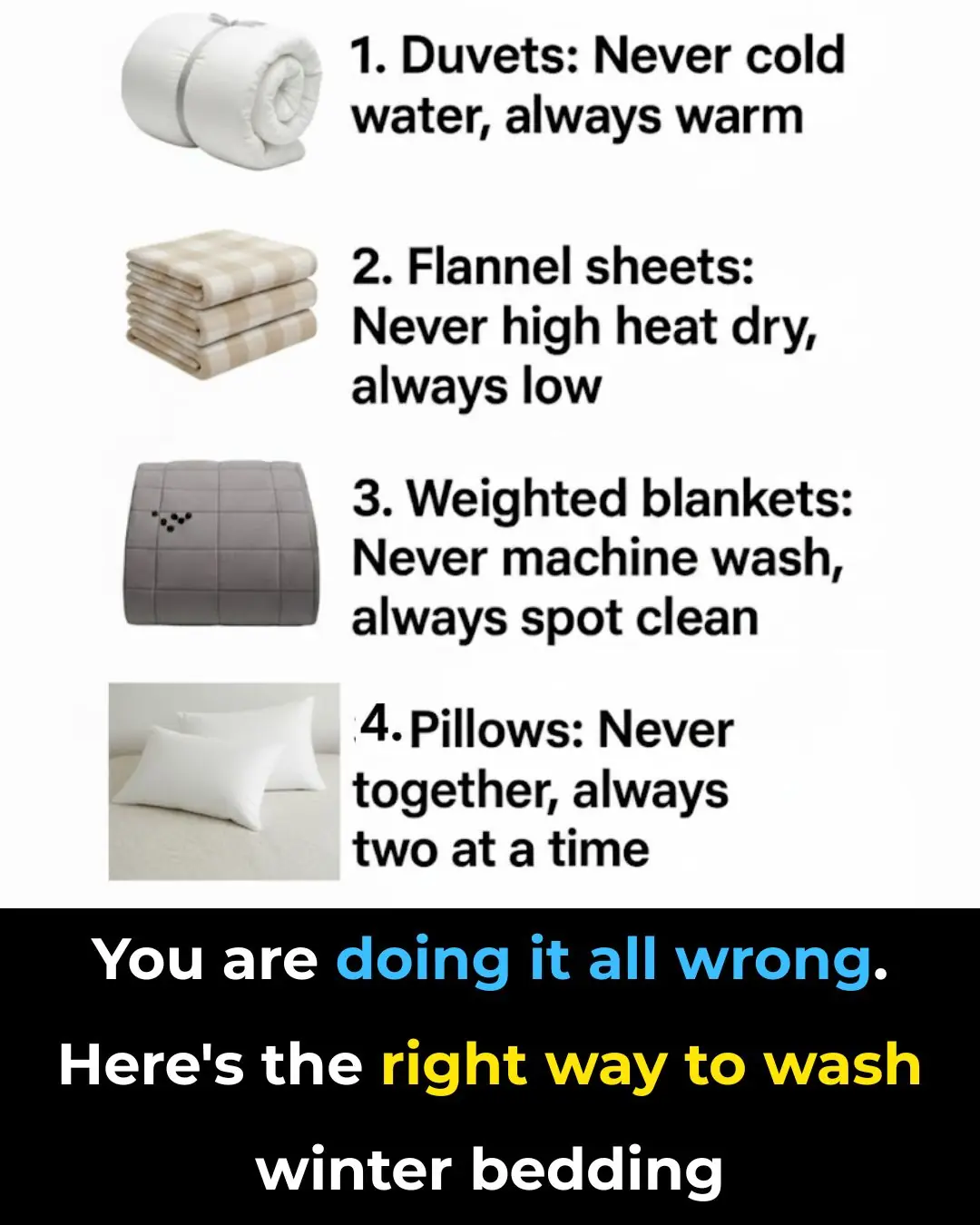
You’re Doing It All Wrong — Here’s the Right Way to Wash Winter Bedding

13 Black-Owned Coffee Shops That Will Help Boost Your Productivity When Working Remotely

Big Sean Releases First Book ‘Go Higher’ to Promote Everyday Mental Wellness

Fuming Frankie Bridge on row with husband Wayne over her appearance

Strictly star James Jordan expresses concerns for Ellie Goldstein amid ‘gruelling and emotionally draining’ series

Kash Patel hits back at attacks on ‘country music sensation’ girlfriend Alexis Wilkins

Diane Lane says ‘The Outsiders’ had ‘too much testosterone’ on movie set: ‘It was hot!’
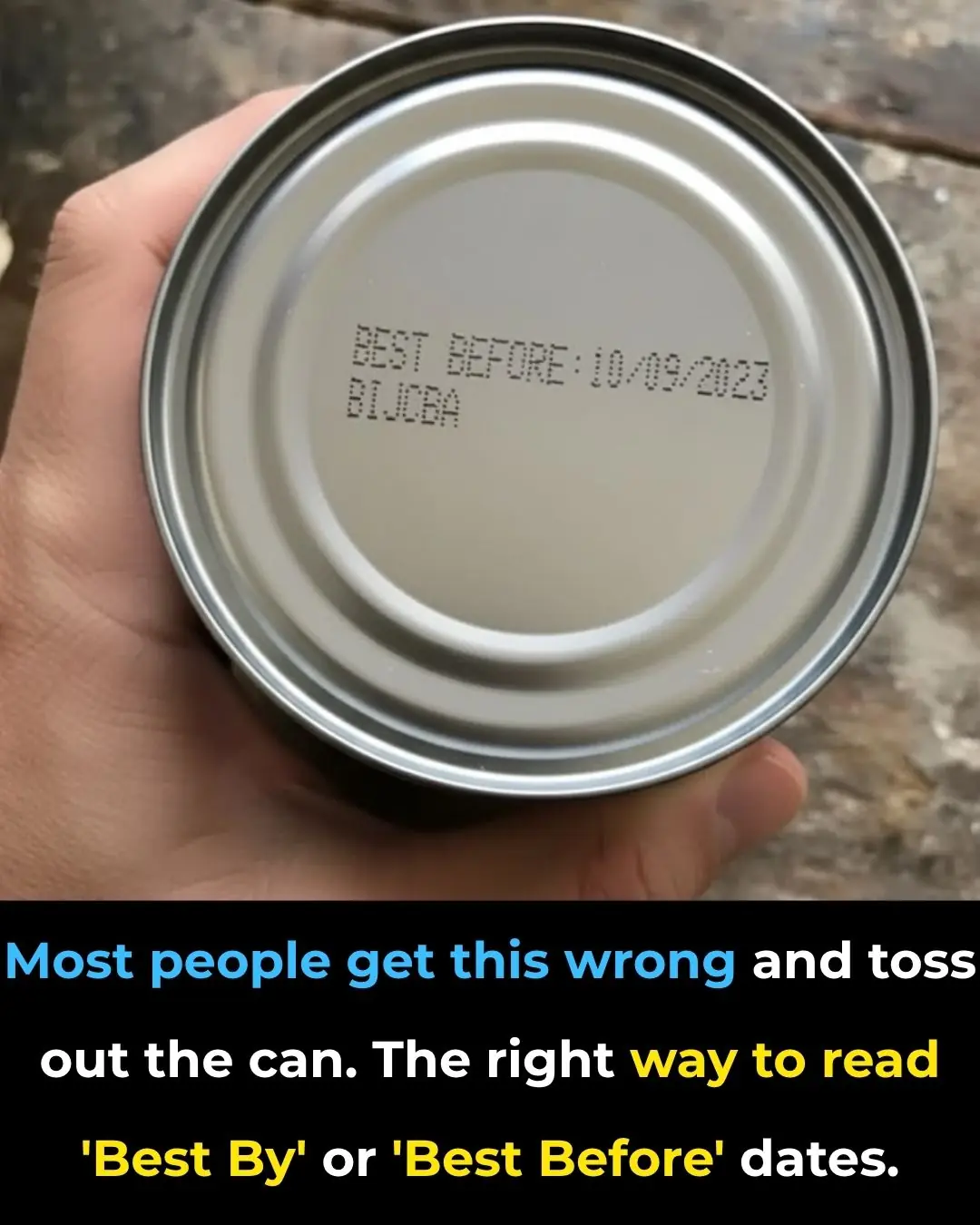
Most People Get This Wrong: The Right Way to Read ‘Best By’ or ‘Best Before’ Dates

Sydney Sweeney confronts ex-fiancé Jonathan Davino in tense, late-night exchange: ‘Leave me alone!’

Ariana Grande opens up on 'toughest struggle' that only Taylor Swift understands

Britney Spears family 'rallying' around her amid 'more worried than ever' concerns

Strictly star Amy Dowden's 'life changed forever' after terrifying realisation in cancer battle

‘You Showing Why Ion FW Yo Kind’: Kendrick Perkins Has Pulled His Support For NBA Star Ja Morant, Fans Wonder Will He Ever Grow Up

Dawn Staley Tells A’ja Wilson Her SC Gamecocks Jersey Will Officially Be Retired in Heartwarming Call
News Post
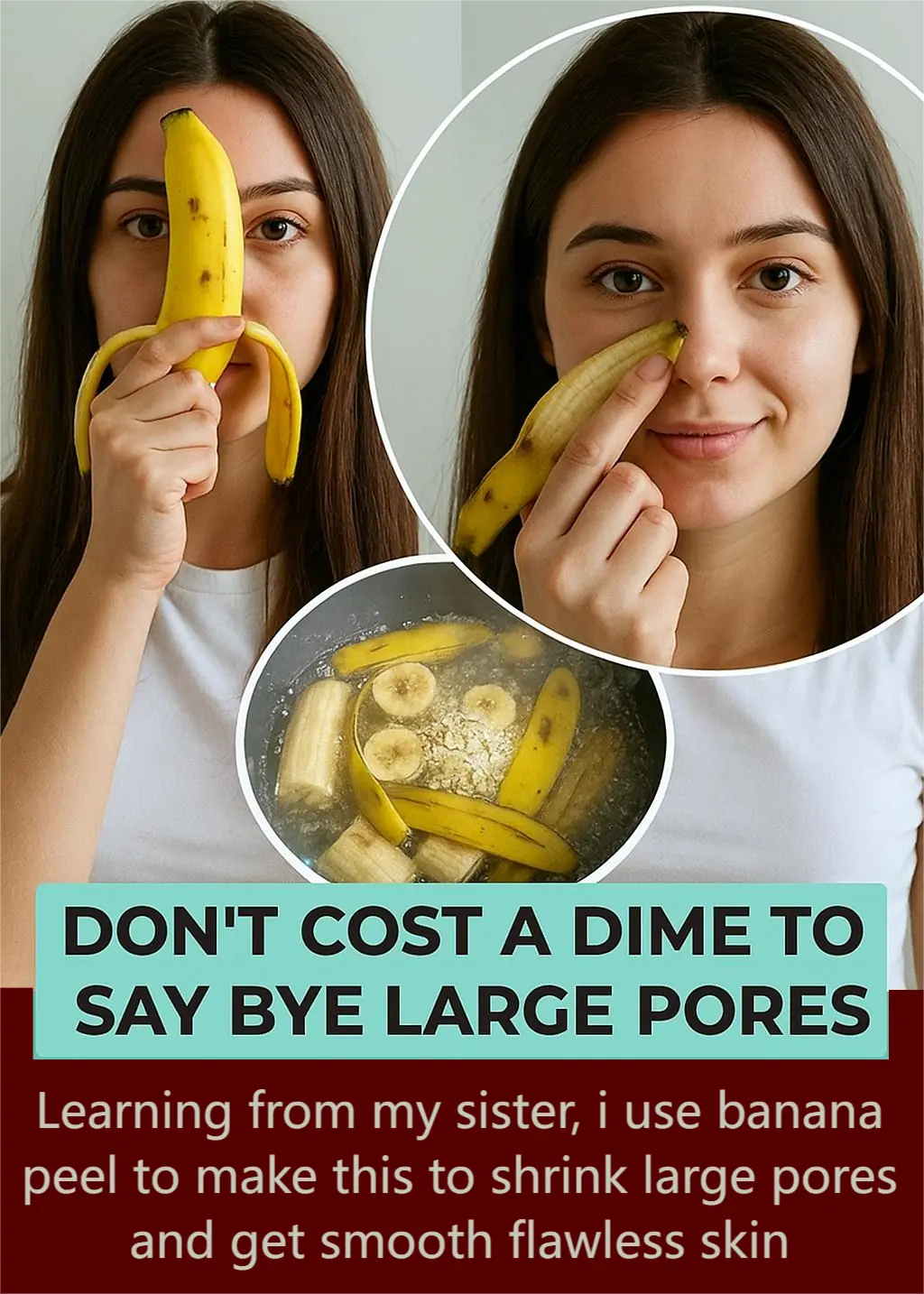
Shrink Open Pores Naturally with Banana Peel and Simple Home Remedies
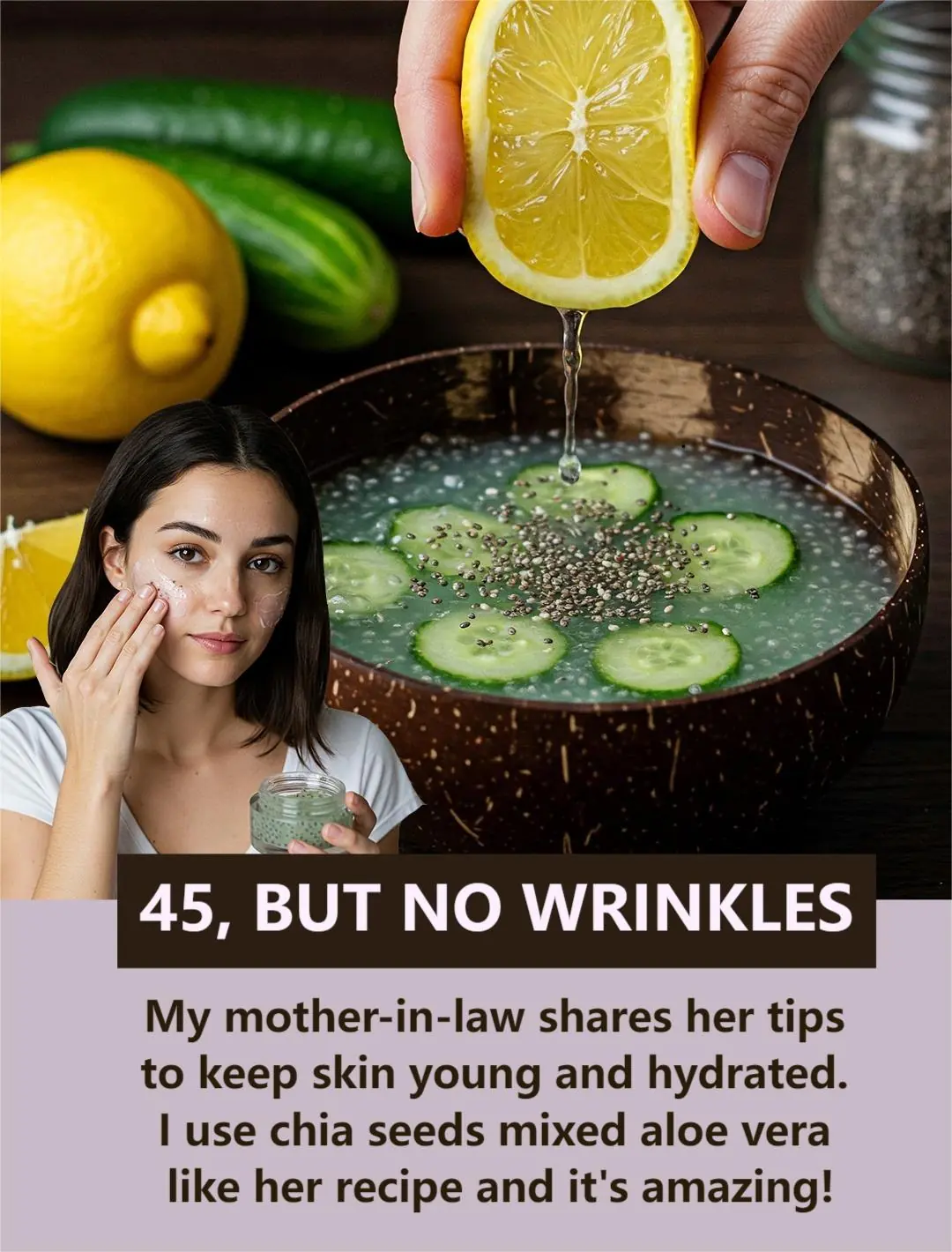
The Chia Seed–Aloe Vera Anti-Wrinkle Mask: A Natural Remedy for Smoother, Younger-Looking Skin
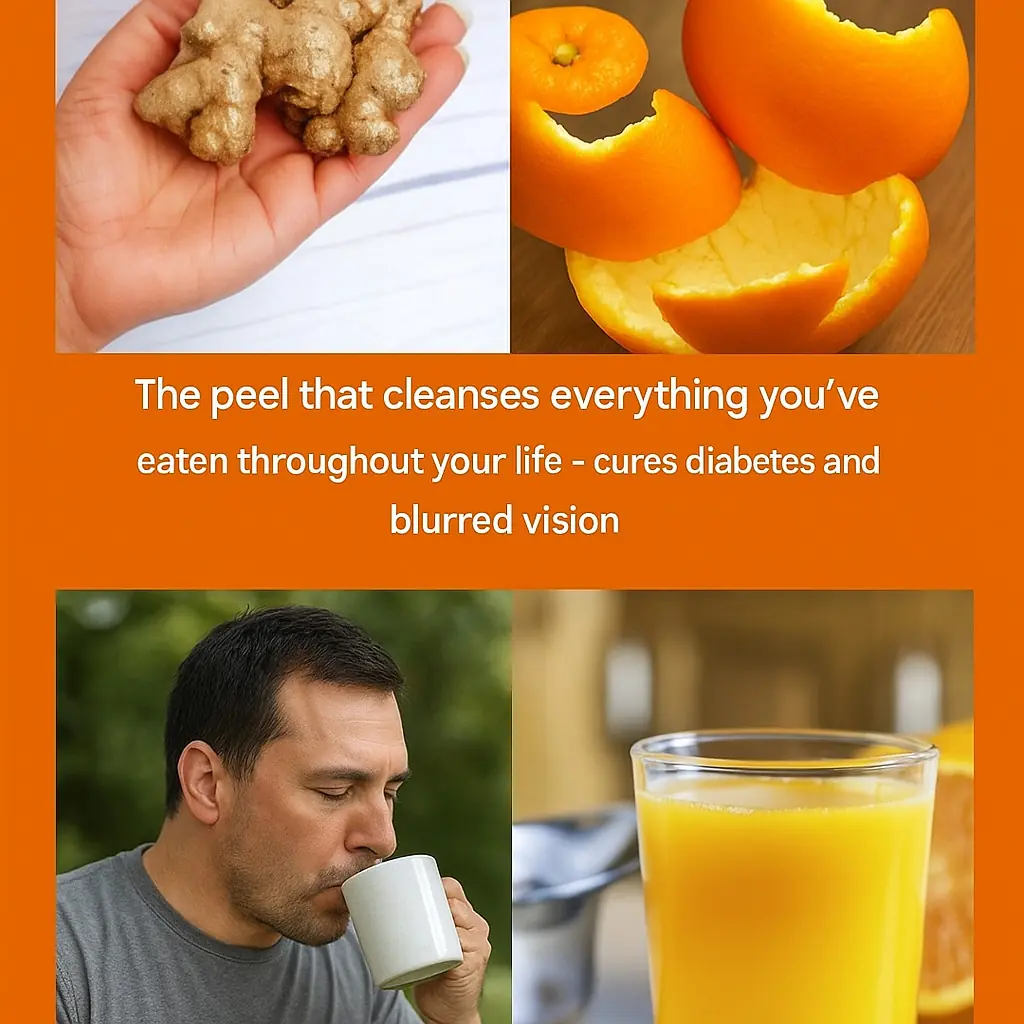
The Orange Peel Elixir That Cleanses Your Whole Body and Fights Diabetes, Cholesterol, and Blurry Vision

Stubborn Grass (Sporobolus indicus): The Resilient Weed with Hidden Healing Powers
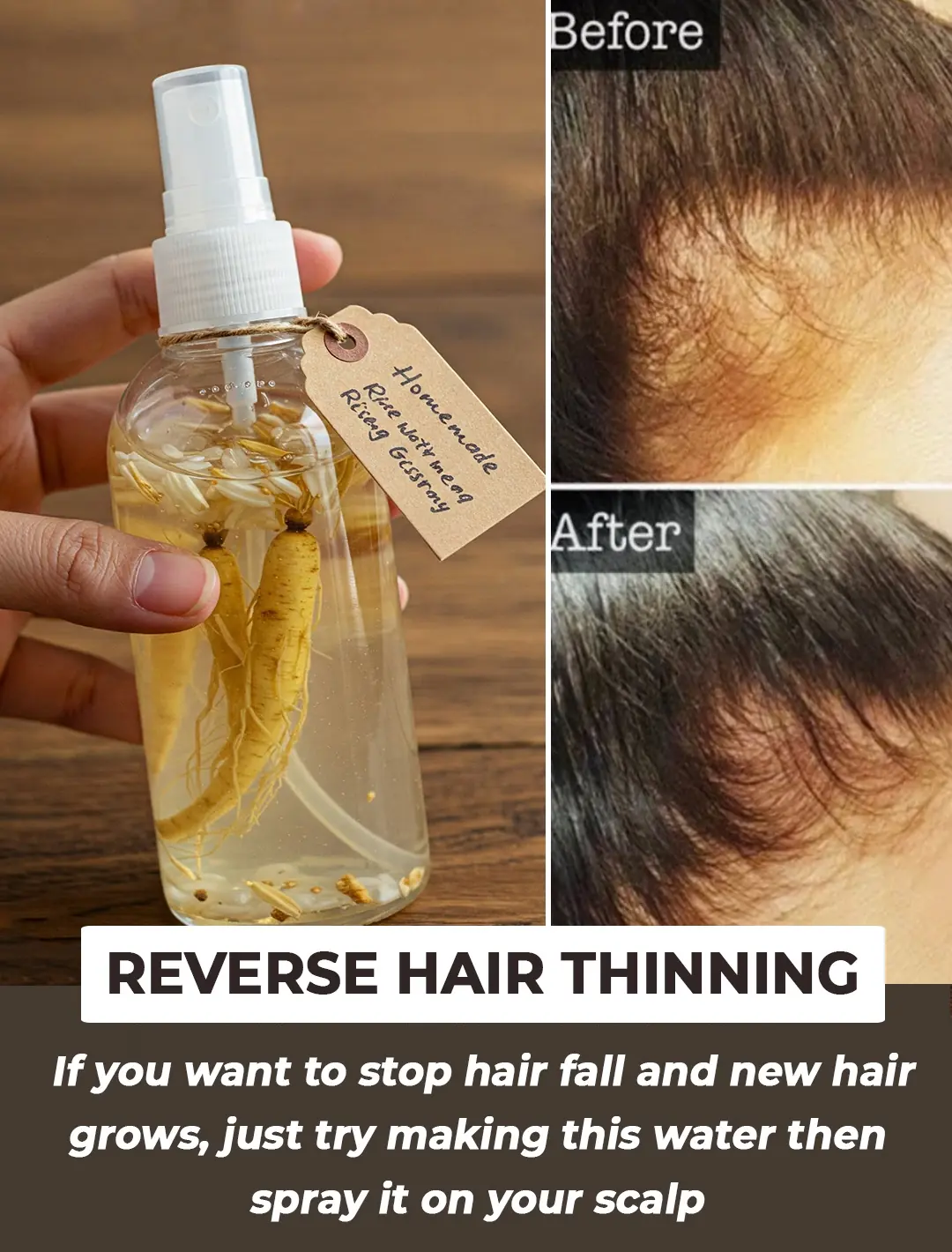
Boost your hair growth with rice water ginseng hair spray

DIY Turmeric Gel For Ageless Skin: Unlock the Secrets of Radiant and Youthful Complexion
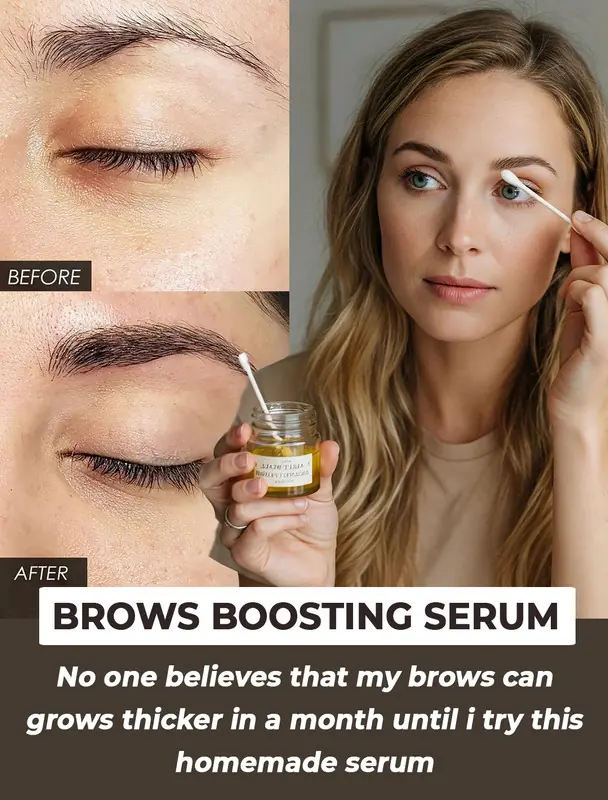
DIY Brow Boosting Serum: Thicken Eyebrows Naturally with Garlic, Castor Oil & Coconut Oil
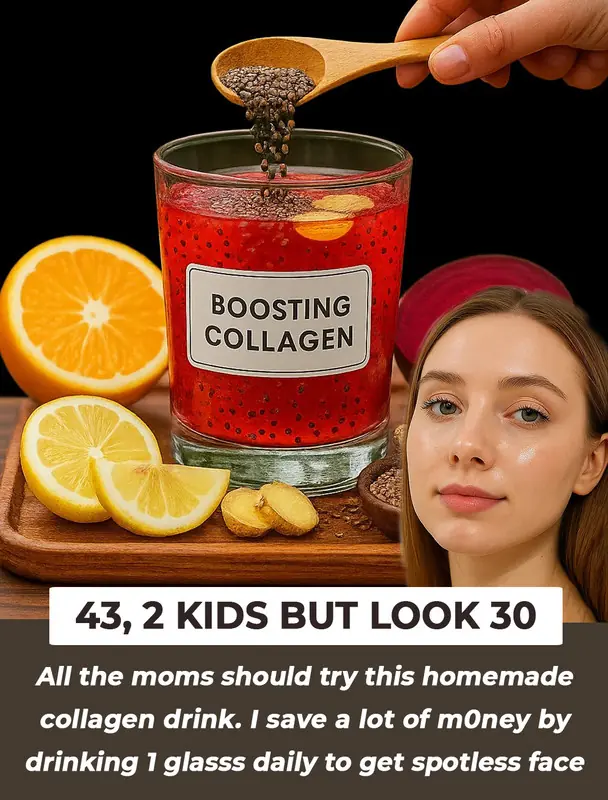
Collagen Boosting Drink to Reverse Your Age: Get Spotless, Glowing Skin Naturally
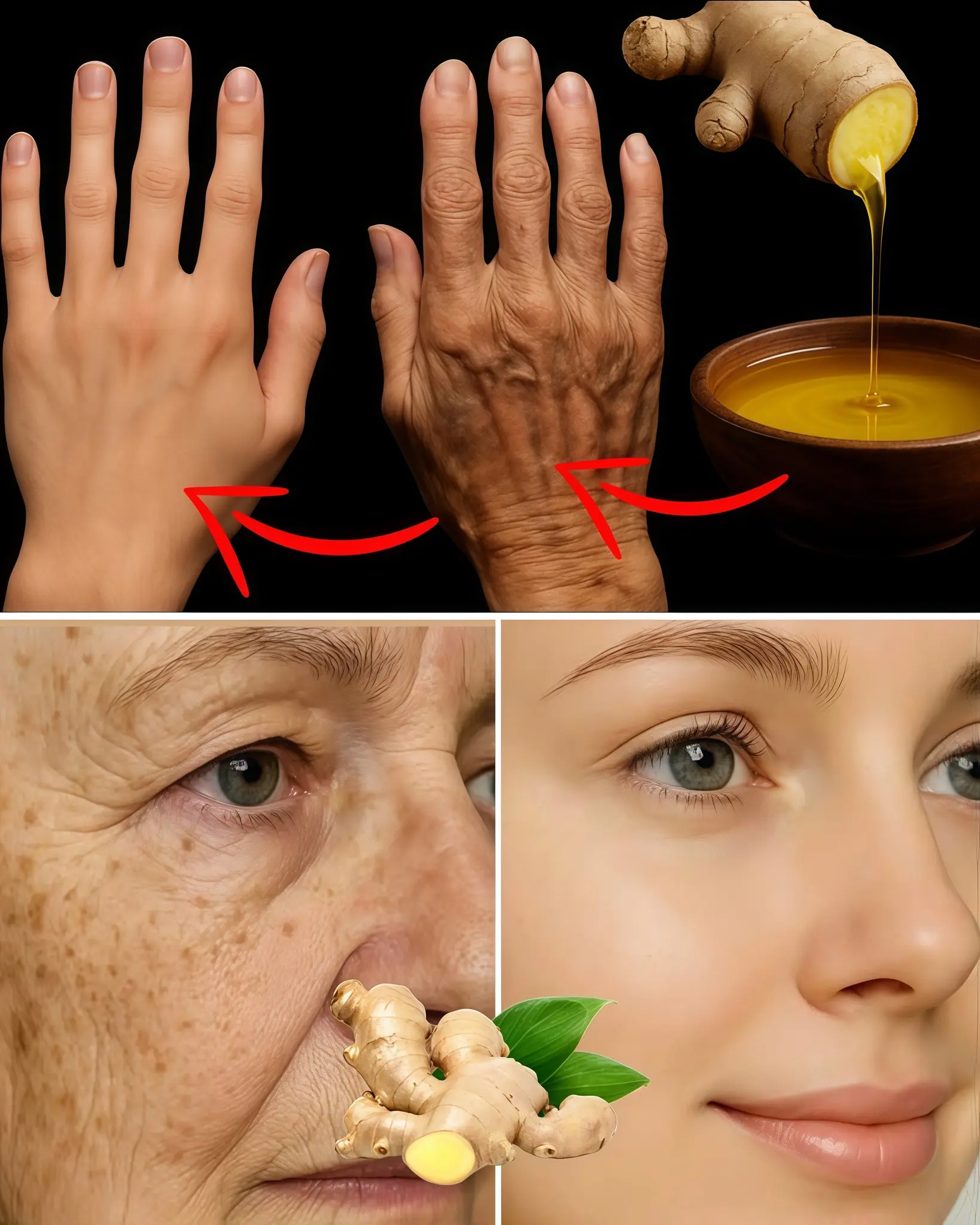
Ginger – 100 Times More Powerful Than Botox: The Natural Secret to Eliminate Wrinkles, Freckles, and Dark Spots
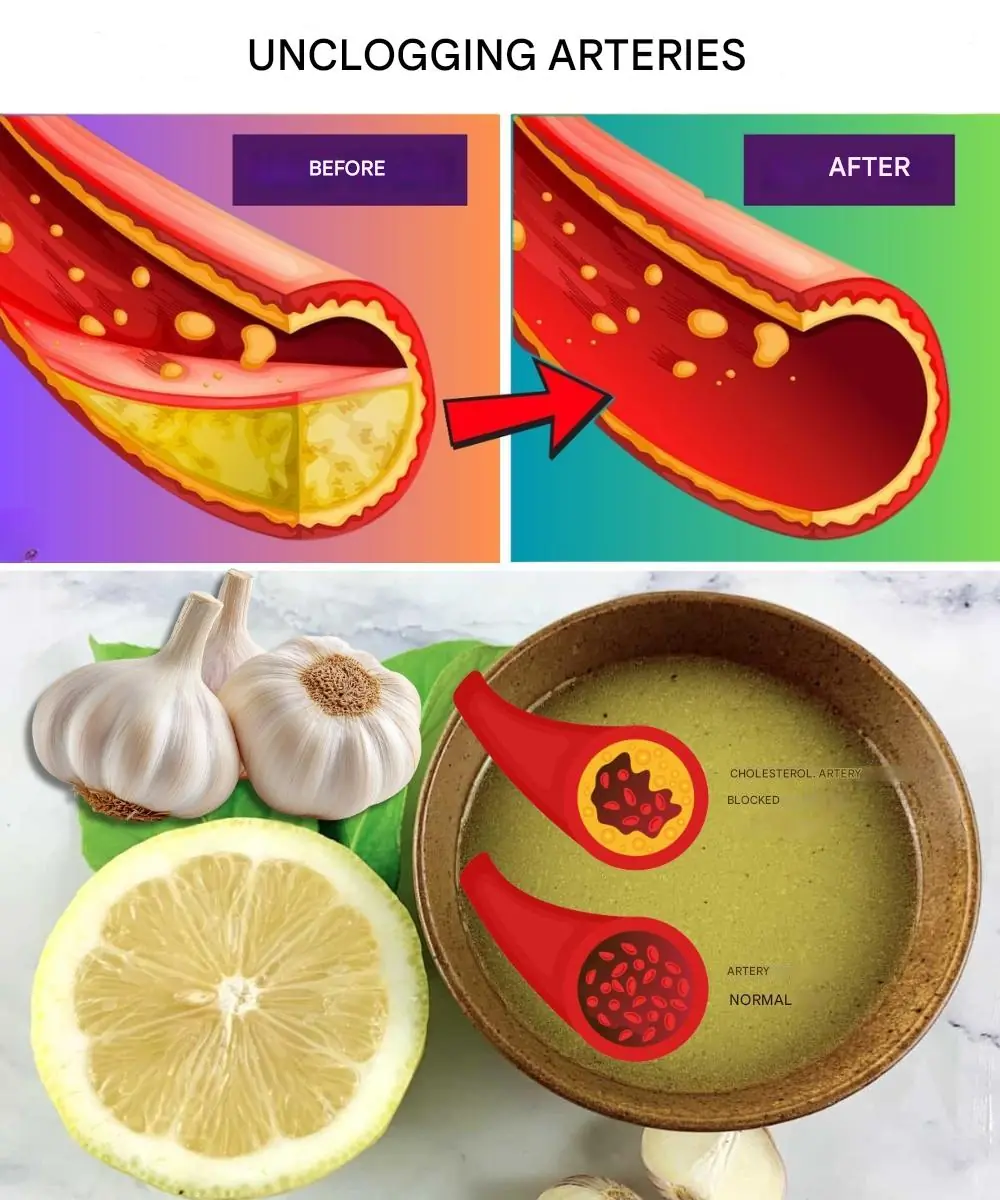
Clean Your Arteries Naturally with This Simple Homemade Juice — A Daily Tonic for Heart Health and Circulation
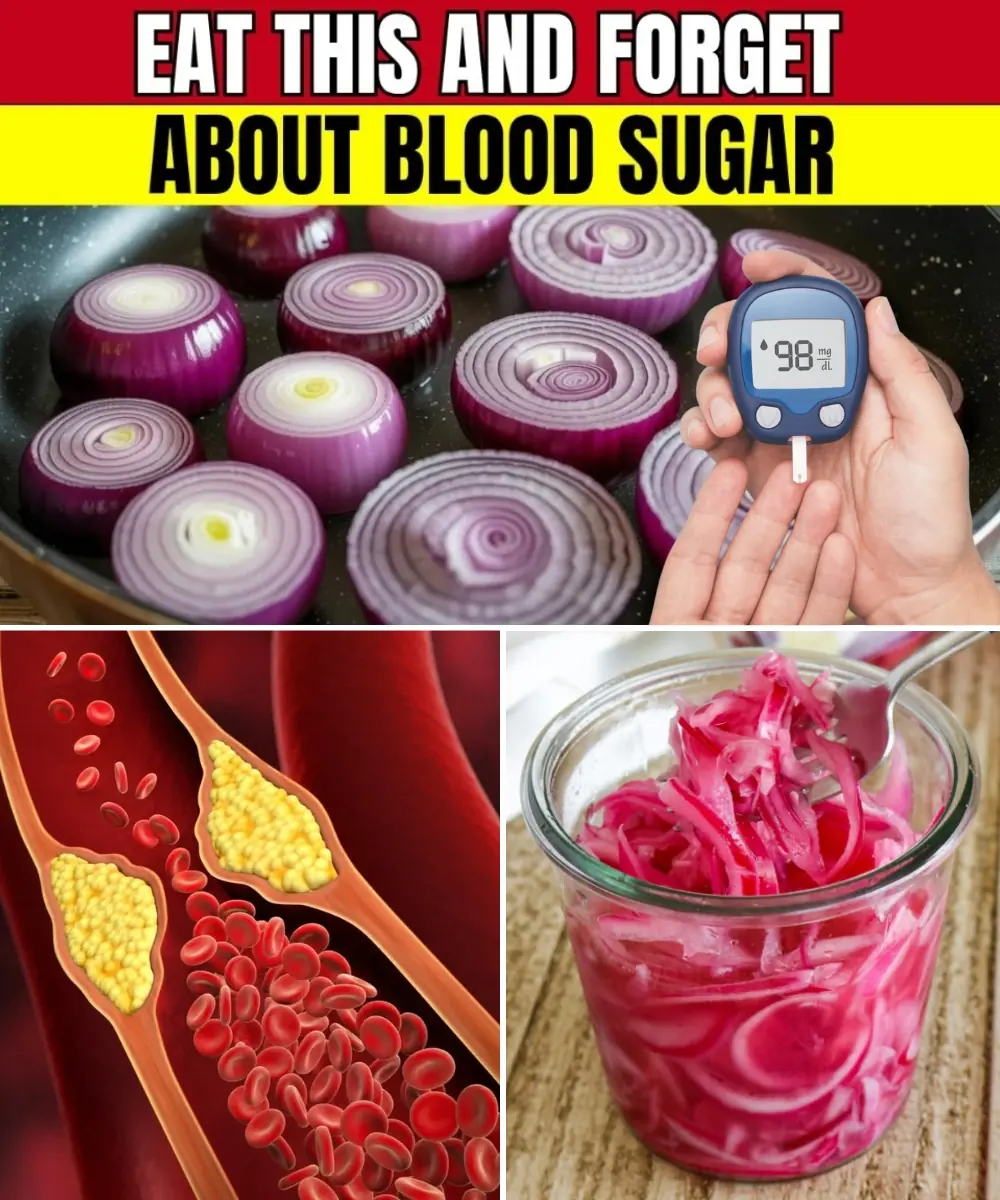
Red Onion Magic: The Little Kitchen Secret That Balances Blood Sugar Naturally
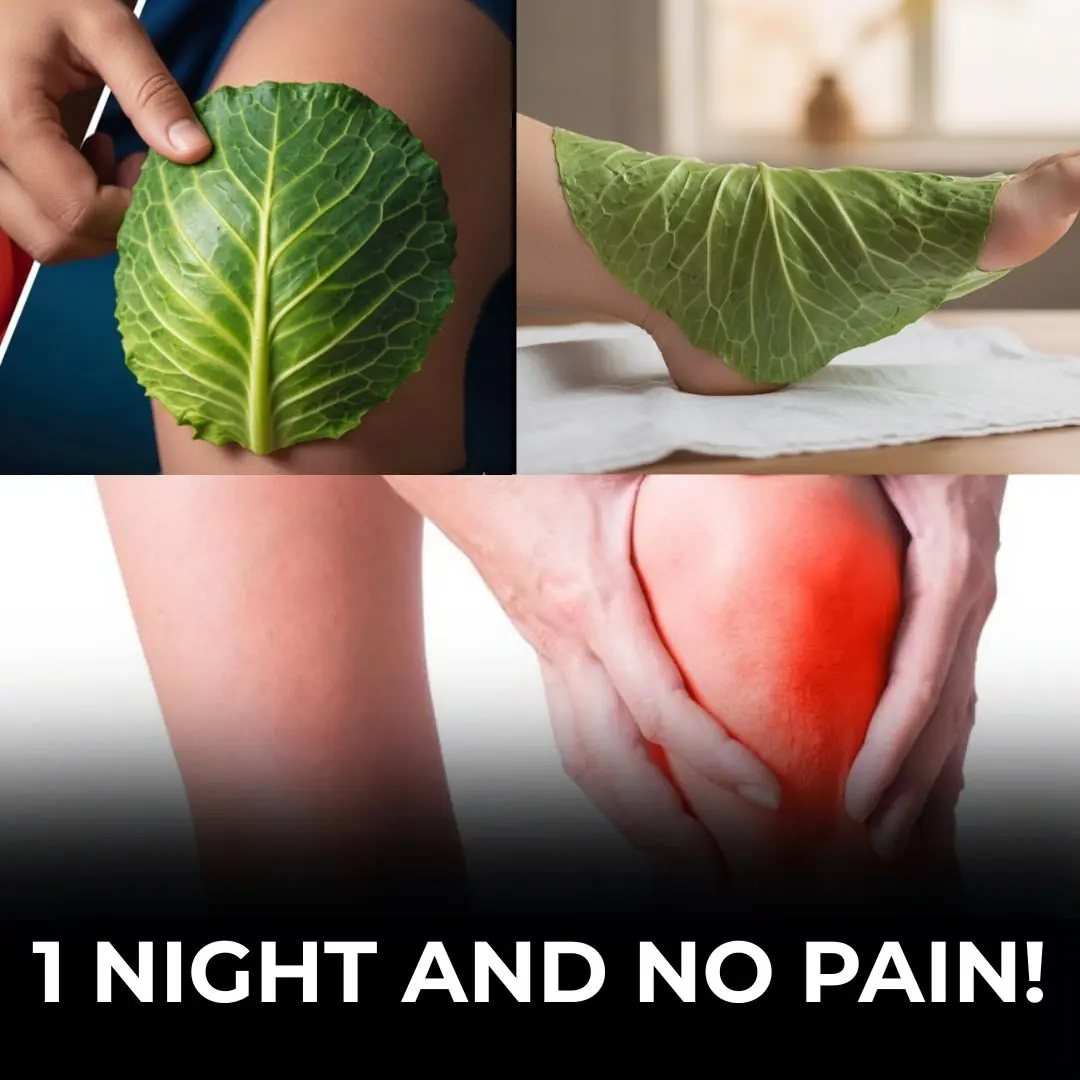
Cabbage Leaf Miracle: How to Relieve Joint Pain Overnight Naturally
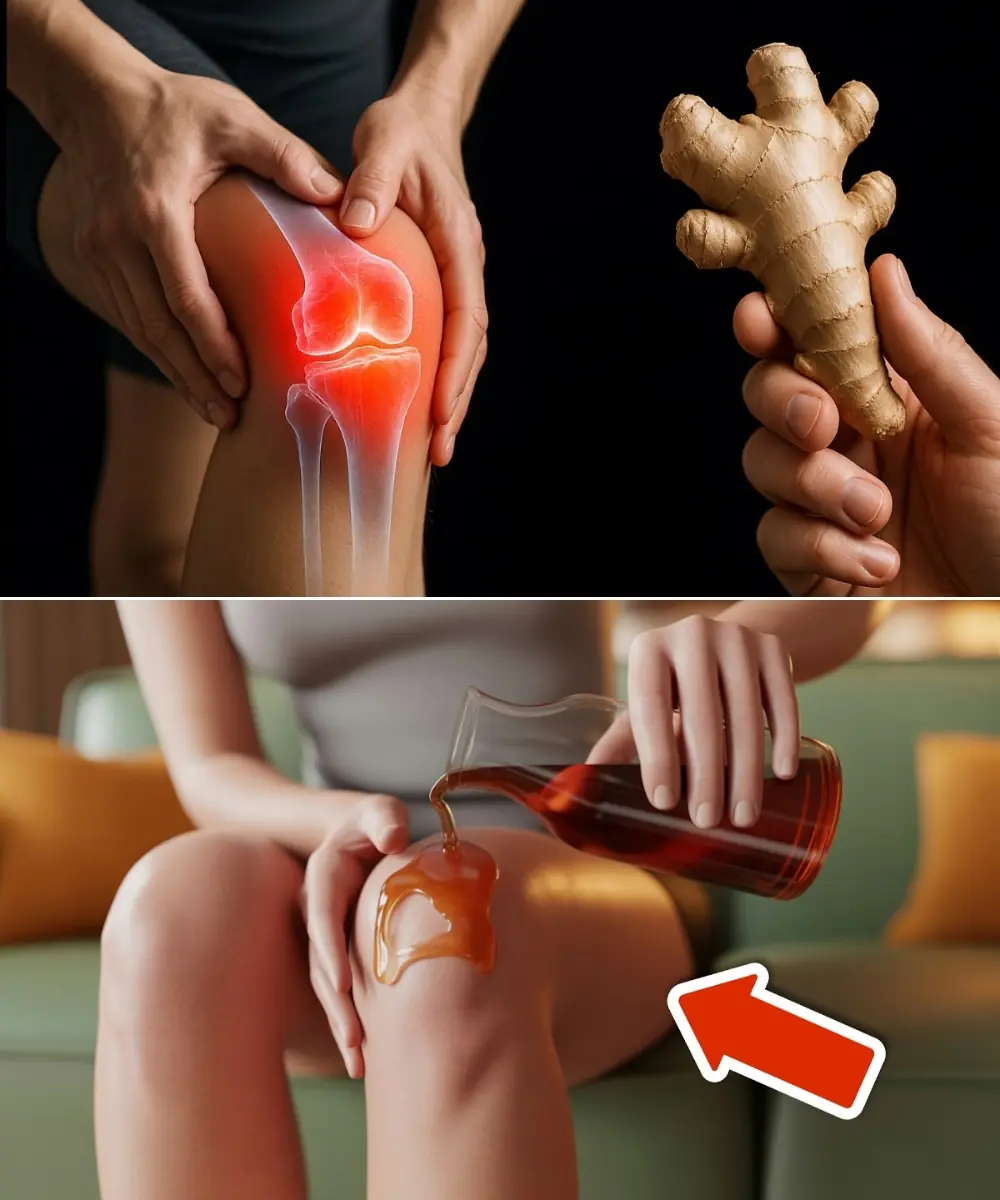
End Knee Pain Naturally: The Secret Power of Ginger Doctors Don’t Tell You

Proven Health Benefits of Dates (Dried, Fresh, Medjool) – Science Based
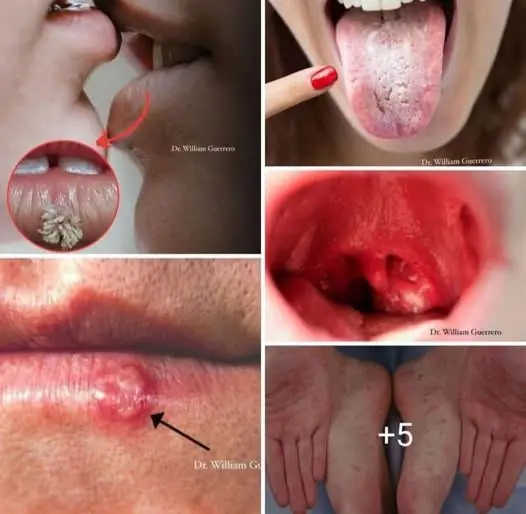
Mouth Cancer: Symptoms, Causes, Stages, and Treatment

How to Cure Sciatic Nerve Pain: A Guide to Natural Remedies

Is It Safe to Stay Inside a Car During a Thunderstorm?

Mixing Leftover Rice with Laundry Detergent: A Surprising Cleaning Hack That Works Wonders
